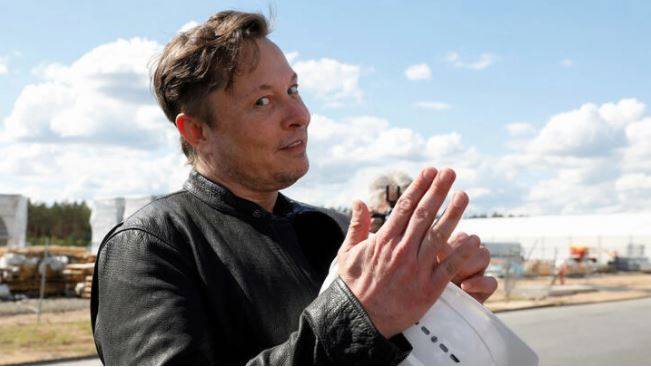The intensive stock option sales by Tesla CEO Elon Musk bolster his claim that he will pay more taxes this year than any other American in history, a statement he made during a Twitter spat with Senator Elizabeth Warren regarding wealth inequality. Meanwhile, the world’s richest person and Tesla's CEO may face a tax bill exceeding $10 billion for the year 2021 if he exercises all his options set to expire next year, according to Bloomberg estimates.
While it is difficult to determine if this will be a record figure—since the Internal Revenue Service does not publicly disclose individual tax returns—it will certainly rank as one of the largest payments ever, according to "Al Arabiya." Even the $10 billion amount is just a small fraction of Musk's total wealth, which stands at a quarter trillion dollars on the Bloomberg Billionaires Index, having increased by about $95 billion so far this year.
His latest Twitter conflict with the U.S. senator began after Warren called the tax code "rigged" and demanded changes. Musk faces an unusually high tax bill after exercising nearly 15 million options and selling millions of shares to cover taxes related to the transactions, which he undertook following a Twitter poll last month where he asked if he should sell 10% of his Tesla stake—a stake that has surged nearly 2300% over the past five years.
According to Bloomberg estimates, Musk could save $2 billion in capital gains taxes he would owe to California due to his move to Texas. Musk will not be the only billionaire likely to face a significant tax bill this year. Sales of stocks by America’s top billionaires have more than doubled this year as wealthy Americans have offloaded shares after substantial valuation increases, ahead of potential tax hikes in 2022.
So far, the second richest person in the world, Jeff Bezos, has sold more than $9 billion worth of Amazon shares, and Mark Zuckerberg has liquidated $4.5 billion in Meta Platforms (formerly Facebook) stock. Both men are expected to pay lower tax rates than Musk, partly because their sales are designed to fund charitable endeavors, allowing for tax exemptions.




